
Feeling Twisted?
Revolved poses like Twisted Angle, Twisted Side Angle, Twisted Triangle, Seated Twists, Revolved Wide Legged Forward Folds, Twisted Plank, Twisted Downdog, Twisted Pigeon all share a common feature: the spine revolves - one vertebrae a little over the other. This causes the second feature: the ribs and pelvis end up facing different directions, up to ninety degrees offset. The neck may also turn, though that’s best left to last. More on that later.
Remember: “the spine” is not one thing. It's a series of large things at the base that get smaller the further you go up. There are other things (bones) attached to these things that restrict motion in places. So the rotation should happen a little at a time and not in one, big swing. (See Tips, below).

Do You Need a Tune Up?
If you’re pretty healthy and also invested in your continued wellbeing, this starter Tune Up might be a good place to start. Rather than changing up everything for a week, you’re in the driver’s seat. Choose one to three habits you’d like to initiate or zhuzh up a bit.
Choose three habits from the menu below that you’d like to initiate or tune up. You’re in the Contemplation Phase of Change - Congratulations! …

Allow Your Body to Release Like the Trees Do in Autumn
What if we have it backwards?
What if the things that keep us alive - eating, sleeping, washing ourselves, breathing, preparing food, taking counter-habitual movements (yoga) and counter-habitual mental stretches (meditation) - are the very foundation on which our health is built? What if the quality of our food, our attention to and joy in its preparation, are all powerful levers that could add to our vibrancy, energy, joy and longevity?
What if we could massively lower medical costs and diversions for treatment with attention to our basic routines? What if how we treat our skin has everything to do with how healthy our gut is? What if mindful breathing could calm and soothe us when the do-more-be-more cycle of activity threatens to leave us in the undertow?
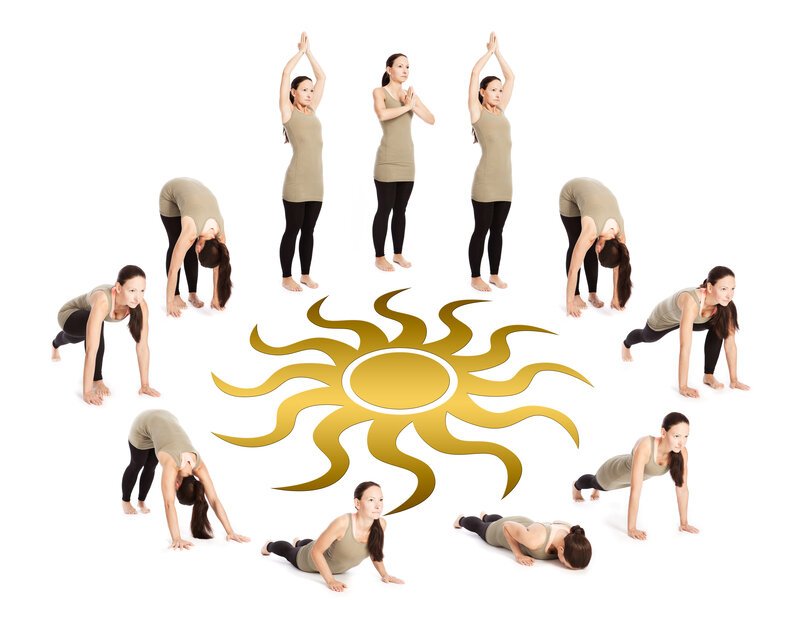
Wake Up With Sun Salutations for a Better Day
When I worked nights for decades, I used Sun Salutations when I rose at 3pm for my night shift to attune to my breath, focus my mind and give my body the cue that this was our morning. You get not only exercise, but ideally balanced movement, versatile, portable and customizable. I also used Sun Salutations to keep awake at night at times. The movements open and close the body, create core strength and connection (Hello, Plank!), get you up side down (and you, Down Dog!), back bends and forward folds follow easily on one another. The meditative aspect of the flow helps to focus and calm the mind.
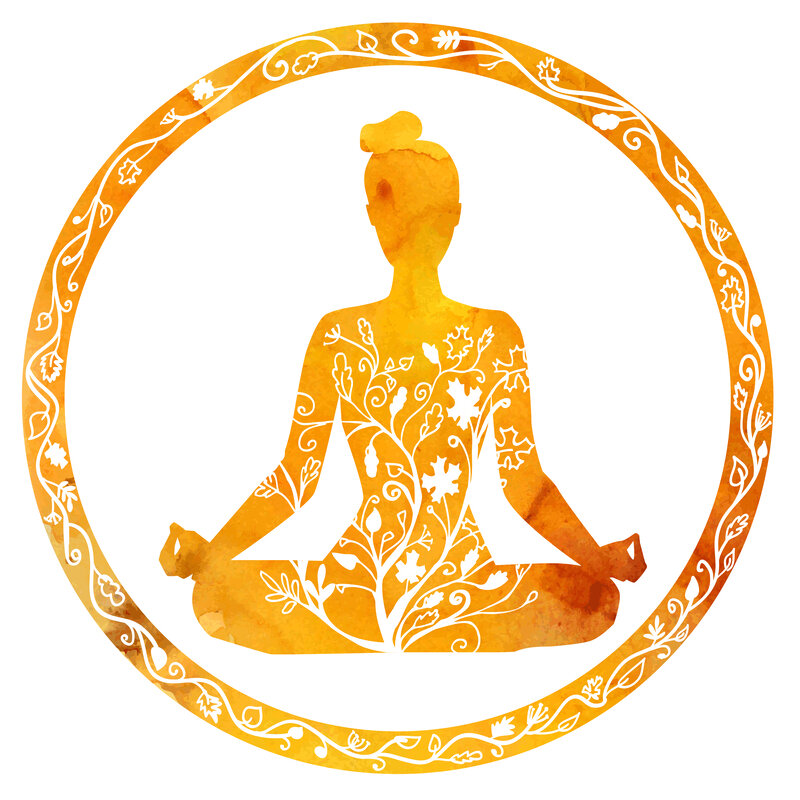

How to Make Your Personal Yoga Practice a Habit You Don’t Want to Break
When the desired habit is Personal Yoga Practice (PYP), that means choosing the context that will trigger the habit. This is one element of why zoom yoga classes can be so great: it used to be that only going to the yoga studio would trigger this activity, because that’s how we did it. Now, when you can take a live yoga class in your own home, wherever you choose, you can actually make a bridge from class to PYP simply by yogaing in the same location.
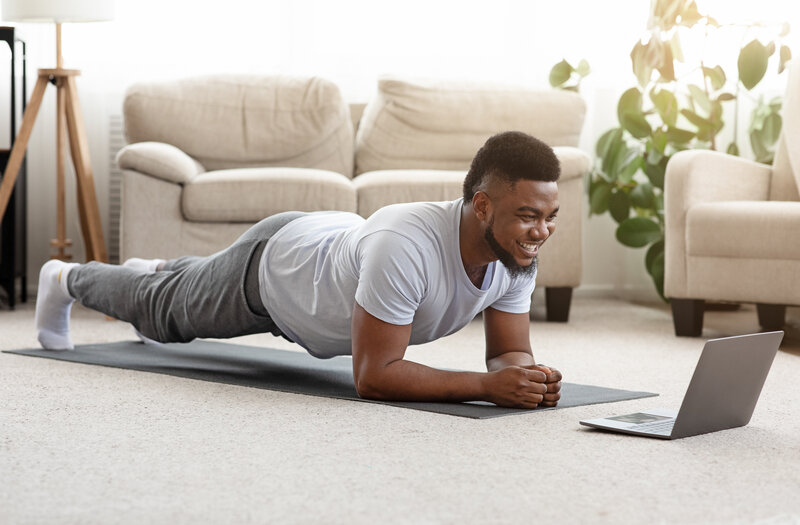
10 Benefits of Zoom Virtual Yoga Class
“More yoga every week. It’s not just the lack of commute (see below), but classes can be offered - and people actually come! - at times that aren’t practical in studio. 6am yoga classes are wayyyyy easier for everyone if they’re close to your coffee maker and the shower. 8pm bedtime classes are way more effective when you don’t have to drive home afterward.
The recordings are recordings of practices you may have actually experienced in person, designed with you (and others) in mind. That class that left you feeling just so amazing? You can have it again….”
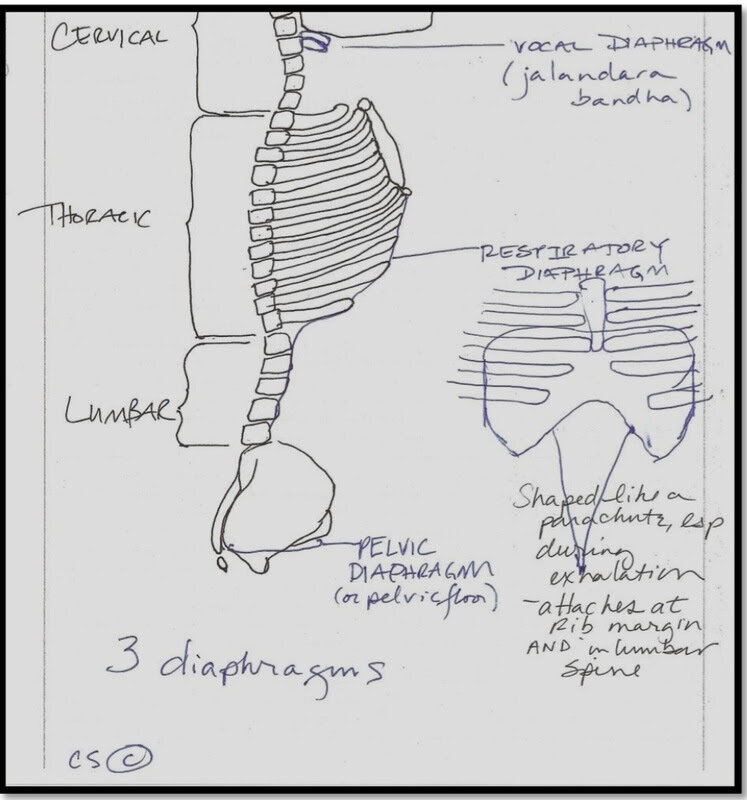
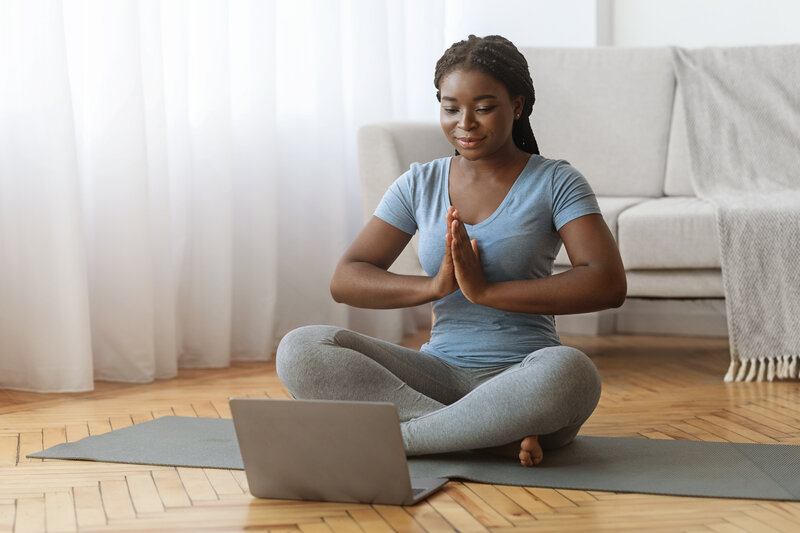
Basics of Zoom Yoga
In this post, we’ll look at the most basic zoom set up. Next time we’ll explore the different ways you can upgrade that might take more time. In this post, we’ll look at options that take 15-45 minutes for a sweet yoga set up, so you can get your zoom yoga on right now!

4th of July Recipes
Lemon Cilantro Bananas
The lemon (or lime!) and cilantro balance the kapha provoking effects of bananas perfectly for a peppy breakfast or dessert that will surprise everyone!
Ingredients (Serves 6)
4 cups of bite sized banana chunks
1 cup finely chopped cilantro
Juice of a whole lemon (~2-3 tsp lemon juice)

Yin Yoga: Change Structures by Living in them Differently (ours and society’s)
Yin Yoga works with embodied sensation and it turns out that’s where most of political rhetoric, advertising and cultural conditioning works on us, too….

Healing Yoga Technique Spotlight: Yoga Nidra for Early Summer Yoga
As we enter the Early Summer season, you may notice more and more emphasis on the latter, restorative part of classes. You may experience a slightly longer Savasanah, additional supported or yin shapes toward the end of practice, or funny breaths like radiator, straw and left nostril breathing [sitkari, sitali and chandra bedhana respectively]. The intention behind this shifting emphasis is to support rest after exertion or movement and to nurture your connection to a spacious sense of the world inside and out.

Sense Gate 1: Eye Gaze, Habit, and Relaxation
Do you ever wonder why we do some of the things we do in every class? Like chanting “Om” together, focusing on different body parts when we breathe, trying to feel all your skin at once, smiling with the back of our mouths…. Or circling our eyes one direction and then the other?

Yoga With Chronic Pain
"Yoga has been shown to decrease disability among people with pain, but it is not known how... yoga is a promising means to improving resilience and clinical outcomes for people with chronic pain." In Resilient to pain: A model of how yoga may decrease interference among people experiencing chronic pain,” the authors refer to many embodied correlates of stress: the HPAAxis (hypothalamus pituitary adrenal axis), stress hormones, etc.
Luckily, we don't need to know how yoga works to start practicing and receiving benefits, even when we have pain. According to the National Institute of Health's information page, "Chronic pain persists. Pain signals keep firing in the nervous system for weeks, months, even years."

Why You Might Want to Add HIIT to Your Yoga Practice: HiYo
Spring is a great time to add High Intensity Intervals into your yoga practice. Not just your Badlands Yoga teacher that think this: it's also backed by science. High Intensity Interval Training (HIIT) is proven effective for increasing your anaerobic capacity and our VO2Max. Say what! Ok, Let's break this down:

What make a Badlands Healing Yoga Practice different?
“Your guide comes with a plan and your guide will alter the plan depending on what you choose to share. Classes are very intentionally small, so we can offer at least one technique - posture, breath, flow, image, meditation - chosen for each person. It may be something the guide had already planned for that they surmise would be just the ticket or they might replace part of their plan to illuminate something helpful for you. Modifications will be offered and alternatives suggested along with the reminder that everything is optional and questions are encouraged. “

What is Healing Yoga
“The mechanisms that allow yoga to remove these obstacles to healing, transforming us and our very desires slowly, over time, are what make yoga different than a “work out.” Together they have enormous transformative capacity.”

Why zoom yoga if you’re all zoomed out?
“You will reset your relationship to zoom. Yoga is all about rerouting our habit grooves, aka samskara. The best way to re-wire a habit is to create a new one. Zoom work/happy hour has a way of reinforcing a lot of sedentary patterns. Sitting, arms in front, maybe head a little forward seeking to connect with the screen. We start skipping the once an hour break we know makes us feel better because we’re “in the zone” or just can’t break away. We stop looking out the windows or simply away from the screen. Our worlds become a little smaller even though we’re connecting far and wide because our embodied habit range becomes more limited.
When you incorporate some yoga into your zoom routine, you’re more likely to remember to look away from the screen every half hour and physically stand up every hour. When you participate in yoga, you hear another person breathing “
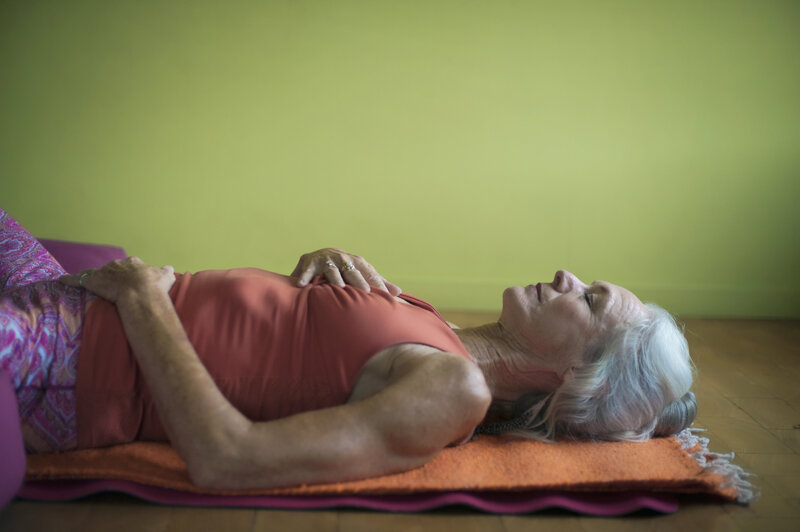
Practicing with Pain: why avoidance may hurt more
“[D]efinitely listen to your body and its signals. If you have pain in a movement or in a posture, breathe, withdraw from the edge where the pain arose and rest for a moment.
And then, re-approach. Slowly, mindfully. Notice where you get the first hint of a suggestion of the painful feeling and stay there — don’t go further. Breathe and notice. 9 times out of 10, you’ll feel the suggestion of pain fade away. If this happens, go a little more towards where you felt it before in the same manner: slowly, mindfully noticing the first hint of a suggestion of pain, and stay. Breathe and notice. You may feel that fade away. Rinse and repeat, stopping to rest, of course, as needed.
Often a repetition of just three times inside your pain free range of motion will allow you to go back to the once painful movement with no pain.
There are many reasons for this phenomenon…”


